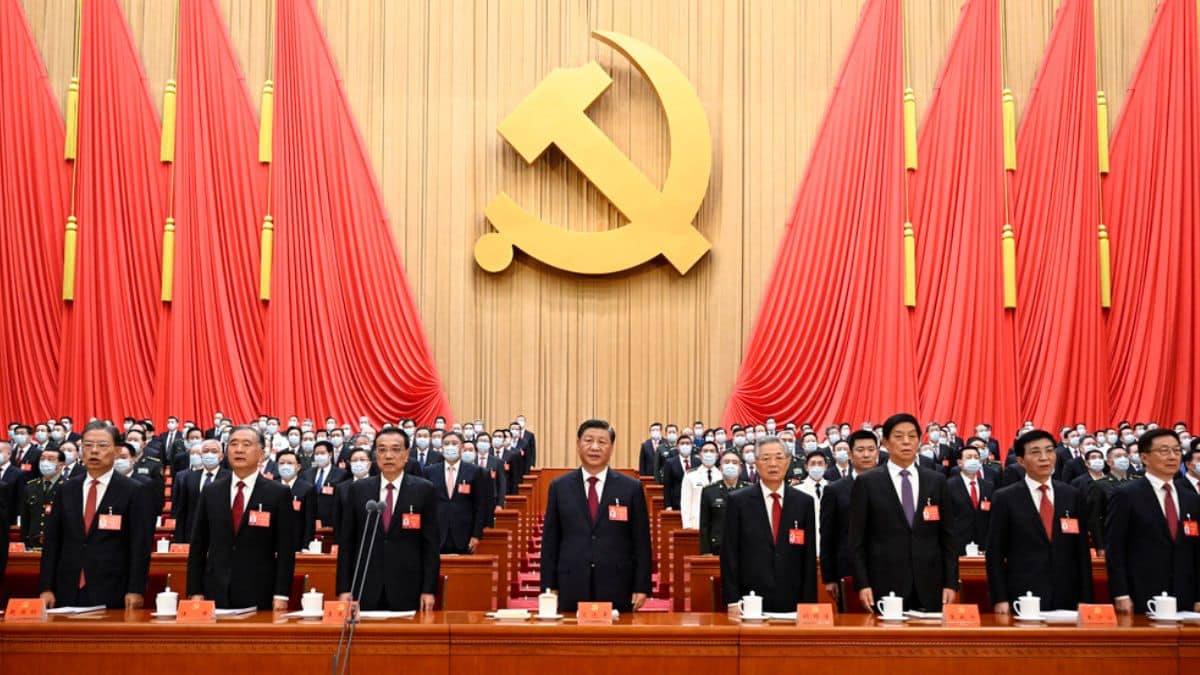China is undertaking an ambitious endeavour to evolve into a fully modern socialist nation across all dimensions by the middle of this century. According to a recent communique, the comprehensive reform tasks outlined in the resolution are slated for completion by the time the People’s Republic of China celebrates its 80th founding anniversary in 2029. This ambitious agenda was detailed during the 3rd Plenum, underscoring the nation’s commitment to deepening reforms and achieving significant milestones over the next few decades.
The communique outlines a multifaceted approach to reform, addressing various sectors critical to China’s development. These reforms are expected to enhance economic growth, improve social welfare, and strengthen governance, laying a solid foundation for the nation’s long-term aspirations. The emphasis is on creating a robust, sustainable, and inclusive growth model that aligns with socialist principles.
One of the cornerstone aspects of the reform agenda is economic restructuring. China aims to shift from a high-speed growth model to one of high-quality development. This involves promoting innovation, enhancing productivity, and improving the efficiency of resource allocation. The focus will be on advancing technology, fostering entrepreneurship, and developing high-tech industries, which are seen as vital for maintaining a competitive edge and ensuring economic sustainability.
Social reforms also play a significant role in the outlined agenda. The communique stresses the need to improve public services, including education, healthcare, and social security. By enhancing these services, the government aims to reduce inequality and ensure that the benefits of development are broadly shared among the population. This approach is expected to foster social harmony and stability, which are considered essential for long-term prosperity.
In terms of governance, the reform agenda includes measures to enhance the rule of law and improve administrative efficiency. Strengthening legal institutions and ensuring that laws are fairly and consistently applied will be key to building a modern, accountable government. The reforms also seek to enhance transparency and public participation in governance, fostering a more inclusive and responsive political system.
Environmental sustainability is another critical focus area. The communique outlines plans to advance green development, reduce pollution, and promote the sustainable use of natural resources. By integrating environmental considerations into all aspects of development, China aims to balance economic growth with ecological preservation, ensuring a healthy living environment for future generations.

